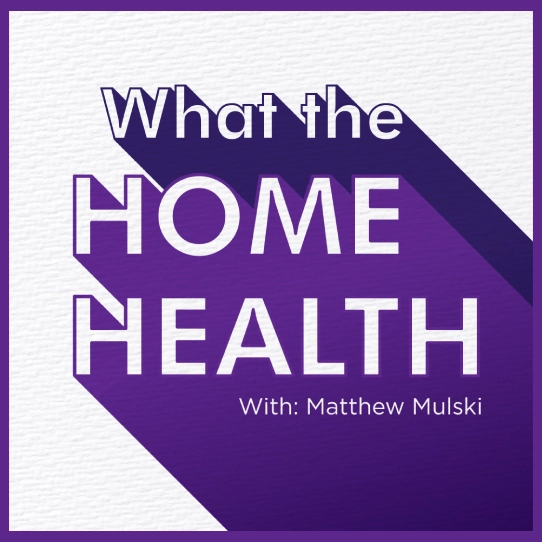Enhancing Patient-Centered Home Health Care Through Proactive Communication and Data Sharing
As the healthcare industry increasingly shifts toward value-based care, seamless transitions between hospitals and home health care agencies are more crucial than ever. Effective communication during the discharge process can reduce hospital readmissions, improve patient outcomes, and enhance overall system efficiency. According to a recent study, poor coordination during hospital discharge contributes to 27% of hospital readmissions, indicating a significant gap in care continuity. The stakes are high, particularly as the aging population grows and the need for home-based care escalates.
How can healthcare providers bridge the communication gap between hospitals and home health care agencies to ensure smooth transitions of care?
In this episode of What The Home Health, host Matthew Mulski speaks with Marmmett Horton, the COO at Strata Health, about the critical role of communication in the discharge process. The discussion explores how timely information exchange can improve patient care and reduce bottlenecks in the healthcare system.
Key Takeaways from the Episode:
- The challenges of ensuring timely and seamless communication between discharge coordinators and home health agencies.
- The role of technology in closing the gap and improving collaboration across different levels of care.
- Strategies to enhance patient-centered care through better data sharing and proactive communication.
Marmmett Horton holds a master’s degree in social work, along with certifications as an accredited case manager (ACM) and a case management administrative certification (CMAC). With over 20 years of experience in acute care and leadership roles, she has played a pivotal role in developing case management strategies to streamline transitions of care between hospitals and post-acute providers.




